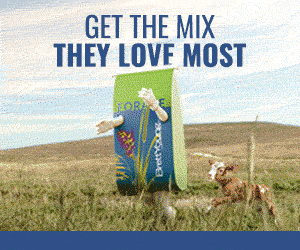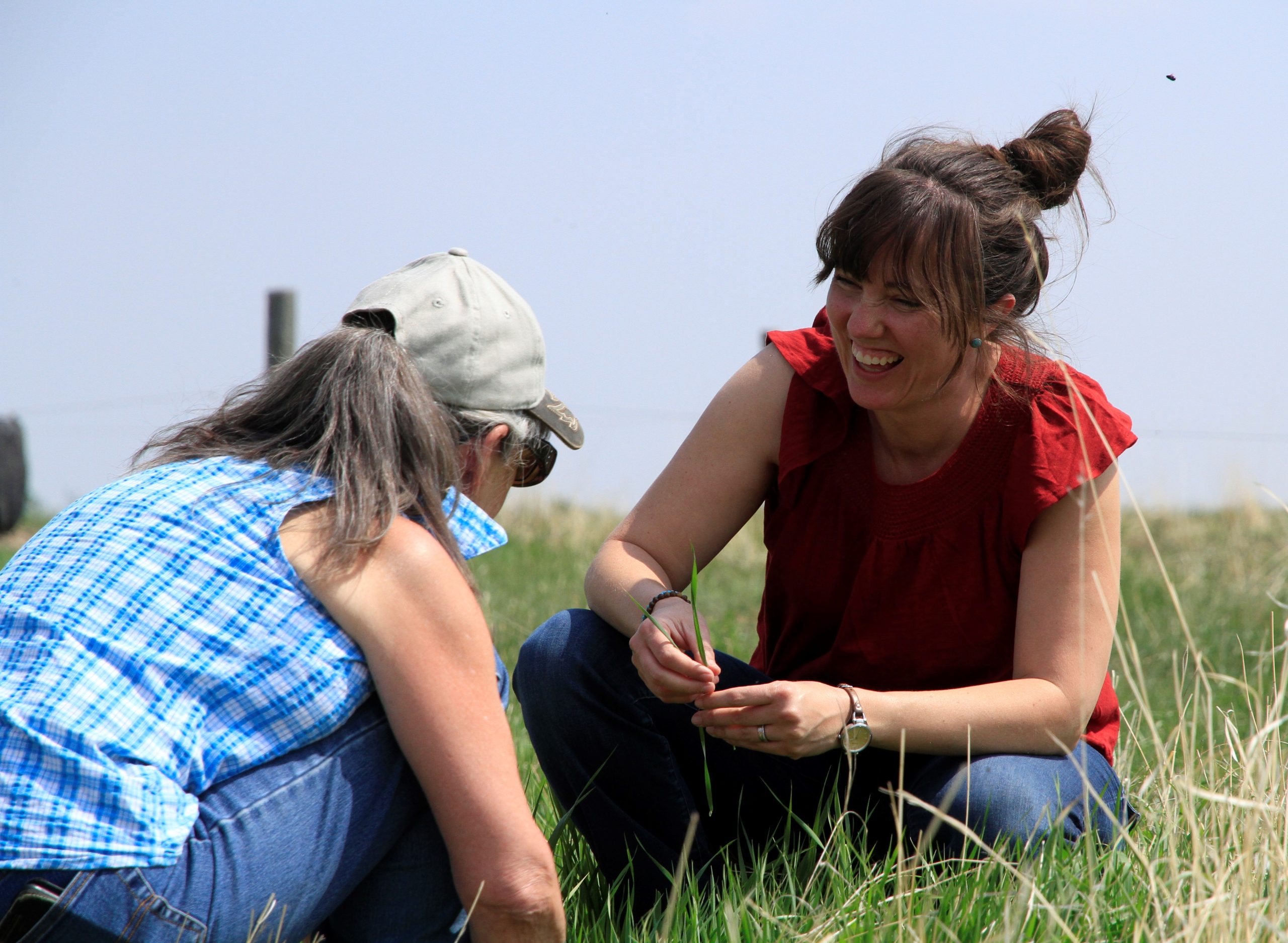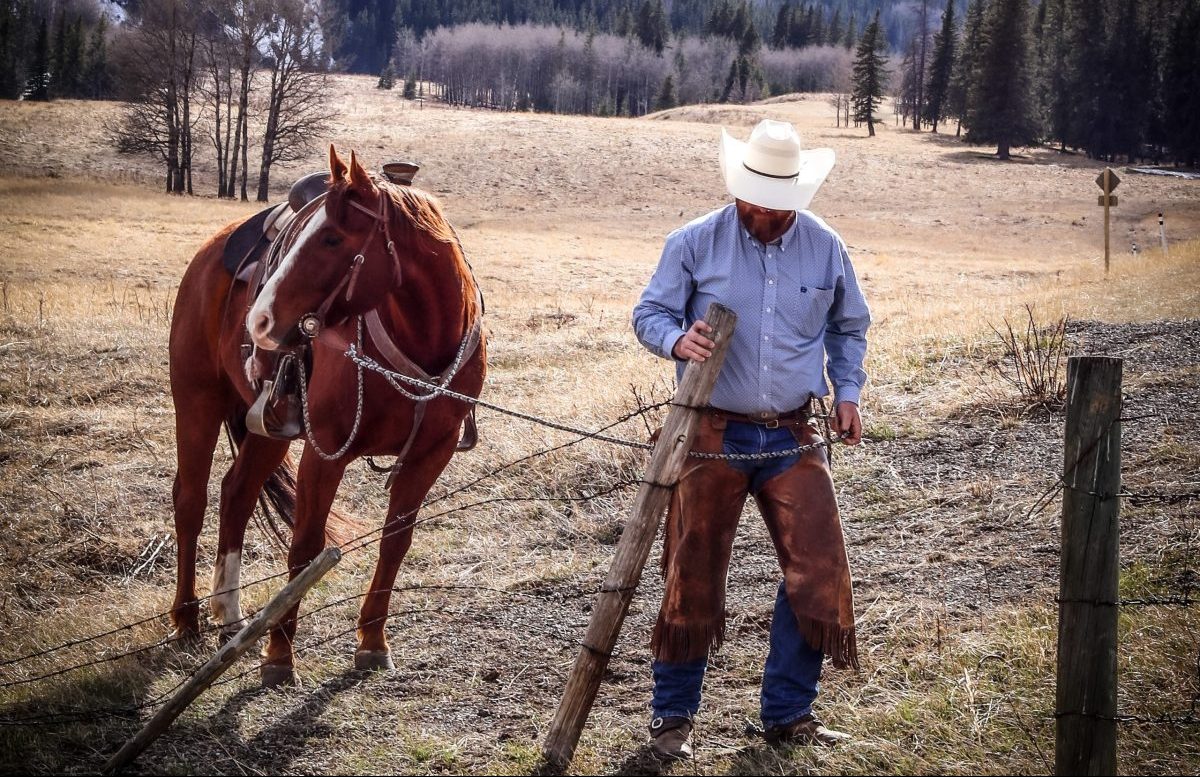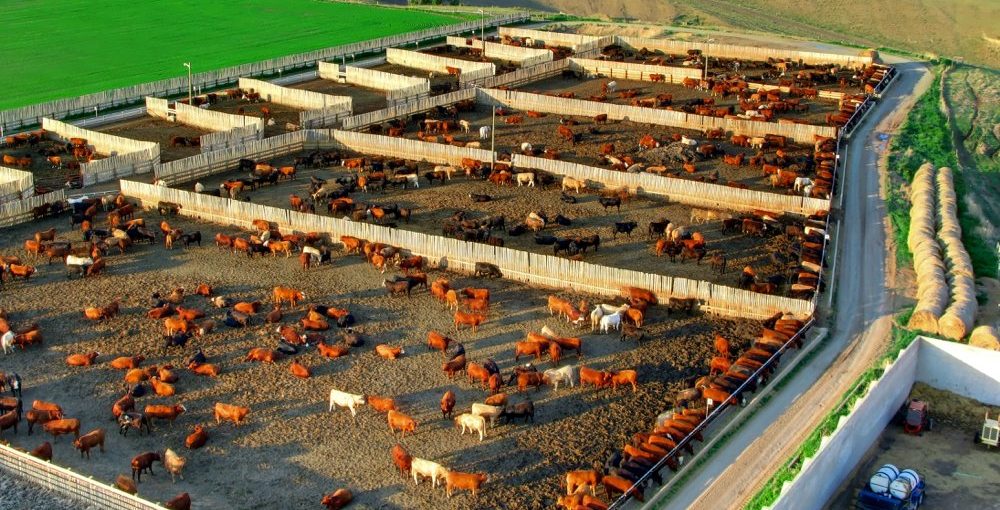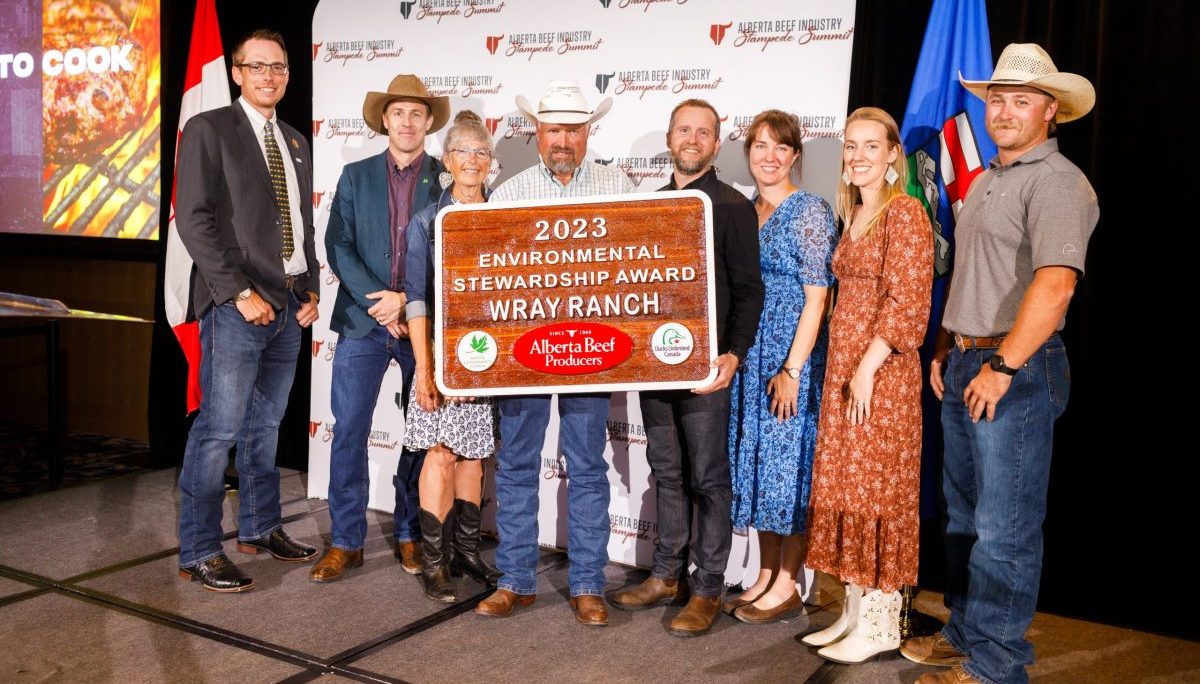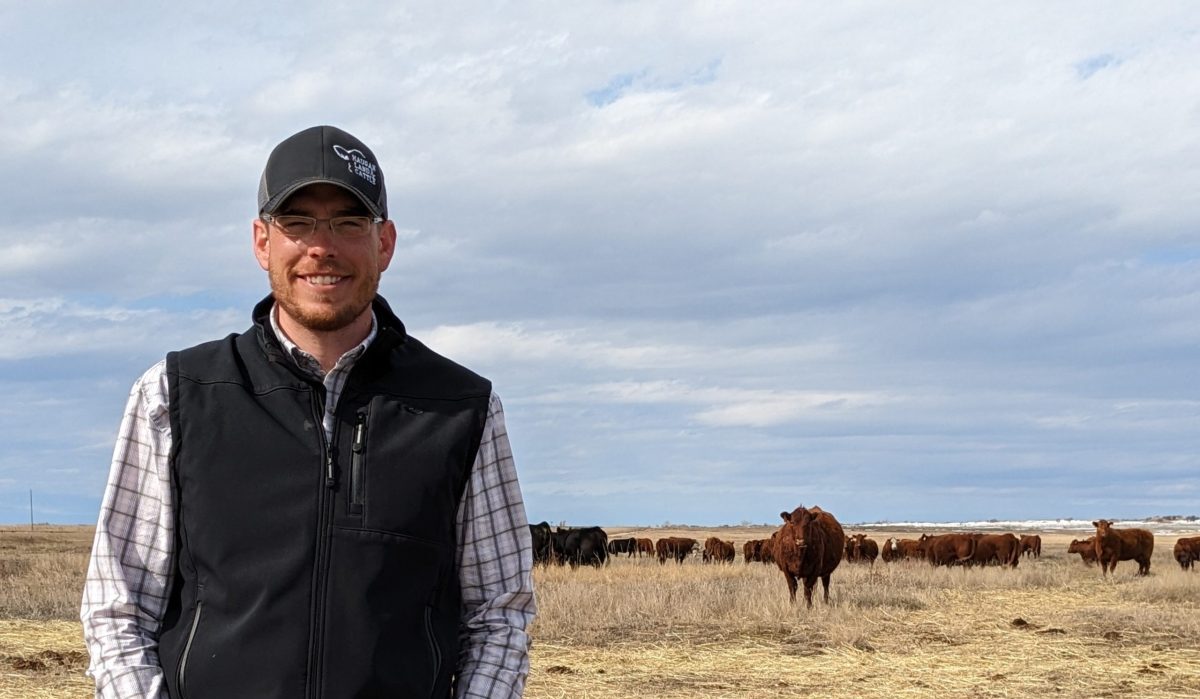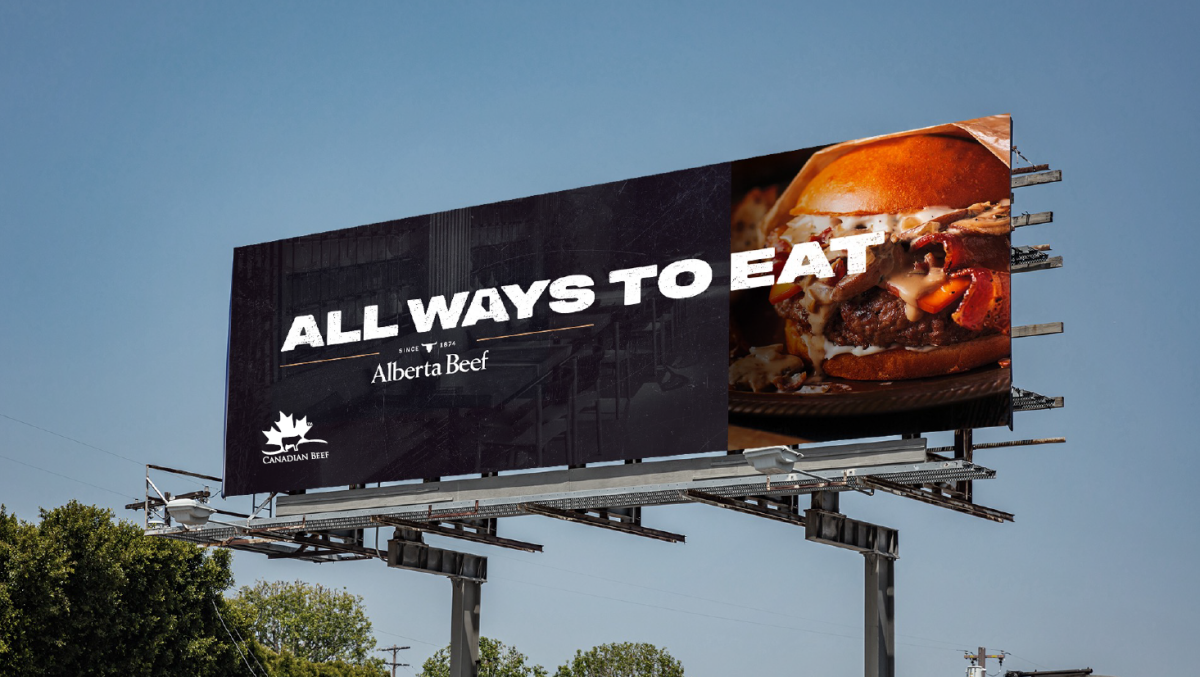AB Direct - Steers
Rail: 530.00-535.00 del
AB Direct - Heifers
Rail: 530.00-535.00 del
US Trade- Steers
Rail: 382.00-384.00 (NE, IA)
US Trade - Heifers
Rail: 382.00-384.00 (NE, IA)
Canadian Dollar
0.20
Canfax Weekly Article | Report for the week of September 18, 2023
The bulk of Alberta cash sales were reported dressed at $390/cwt delivered. Light live trade was steady to stronger than rail sales from $232.00-233.25/cwt. This week’s cash basis strengthened modestly from last week, but continues to be seasonally weak at around $16/cwt. This did encourage U.S. buying interest but few, if any, cattle traded South….
What We’re Reading | Healthy Creeks, Happy Cows
By Anna Dulisse, Living Here For decades, Glen and Kelly Hall have been stewarding hundreds of acres of Alberta land in the eastern slopes of the Rocky Mountains, on Timber Ridge Ranch and Glen’s family’s farm. It is their home, their livelihood, and their legacy. “Our land is our retirement,” Kelly says. “We don’t have…
Canadian Cattle Young Leaders announces 2023 finalists
The Canadian Cattle Young Leaders (CYL) Program, a national youth initiative of the Canadian Cattle Association (CCA), is pleased to announce its 16 finalists for the 2023-2024 program year. The annual CYL Selections competition took place on August 15, 2023, at the Canadian Beef Industry Conference in Calgary, AB. During the competition, 24 impressive semi-finalists…
Have you heard of AGLA?
The success of Alberta’s beef industry relies on an efficient and productive cow herd with access to an extensive feed supply. Approximately 20 per cent of this feed comes from the use of Crown grazing leases, making these lands an integral foundation for one of Alberta’s most important industries. The first grazing leases were instituted…
What We’re Reading | He was a renowned Ontario livestock painter. Now Ross Butler’s collection could be sold off
By Rebecca Zandbergen, CBC News Ross Butler of Woodstock, Ont., first came to prominence as a livestock painter in the 1930s when a number of Canadian horse and cattle breed committees hired him to paint their idea of a perfect specimen. “For several years, he was known as the world’s leading livestock artist, which was a…
ACFA 50th anniversary
50 years! The cattle feeding industry has faced many high and lows, from record-high prices to BSE, and the Alberta Cattle Feeders’ Association (ACFA) has been here through it all. February 2023 marked the 50th anniversary of ACFA being the voice of Alberta cattle feeders. Cattle feeding was just getting started in the late 1960s…
CRSB Certified Profile: Round Rock Ranching
When you aim to produce the ‘best beef in a better world,’ you’ve got a lot on your plate. But Sean McGrath tackles the target bite by bite. McGrath also appreciates that the Canadian Roundtable for Sustainable Beef (CRSB) process emphasizes principles and is adaptable on practices. “I know ranchers don’t like being told what…
ABP’s Calgary Stampede 2023 highlights
Another Calgary Stampede is in the books, and Alberta Beef Producers was excited to be part of the action! Here’s a brief roundup of a few of the activities we took part in this year: Alberta Beef Industry Stampede Summit Along with other beef industry organizations, ABP welcomed provincial and federal politicians to our second…
Lawrence MacAulay returns as Federal Agriculture Minister
A familiar face is taking up the federal agriculture portfolio as part of Wednesday’s cabinet shuffle. Lawrence MacAulay was appointed Minister of Agriculture and Agri-Food, reprising the position he held from 2015-2019. ABP would like to thank outgoing Minister of Agriculture Marie-Claude Bibeau for her dedication to Canadian agriculture, and to congratulate her on her…
Feeder Associations of Alberta elects new chair and vice chair
Congratulations to Alberta Beef Producers delegates George L’Heureux and Jim Bowhay on being elected the new Chair and Vice Chair, respectively, of the Feeder Associations of Alberta (FAA). L’Heureux, who ranches near Lac La Biche, is an ABP delegate for the Northeast Zone and sits on the Board of Directors. Bowhay, a delegate for the…
New year, new chair, new perspective
Stepping into a leadership role in any organization these days is no small challenge. Doing so in a business more than a century old, steeped in tradition and lifestyle, while facing modern challenges of economics and diverse views, could be extra daunting. But it is a role Brodie Haugan has thoughtfully taken on as the…
All (the) ways we are kicking off the 23/24 Consumer Campaign
With summer in full swing and event season upon us, keep an eye out for our brand-new consumer marketing campaign for the 2023-2024 year. This campaign aims to showcase the passion Alberta producers put into raising this iconic product. From all the ways producers show steadfast dedication to their work, to the ways a chef…


